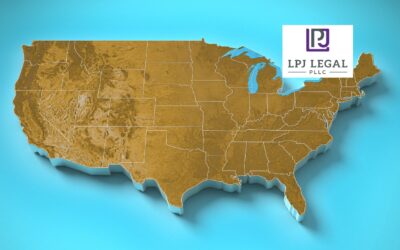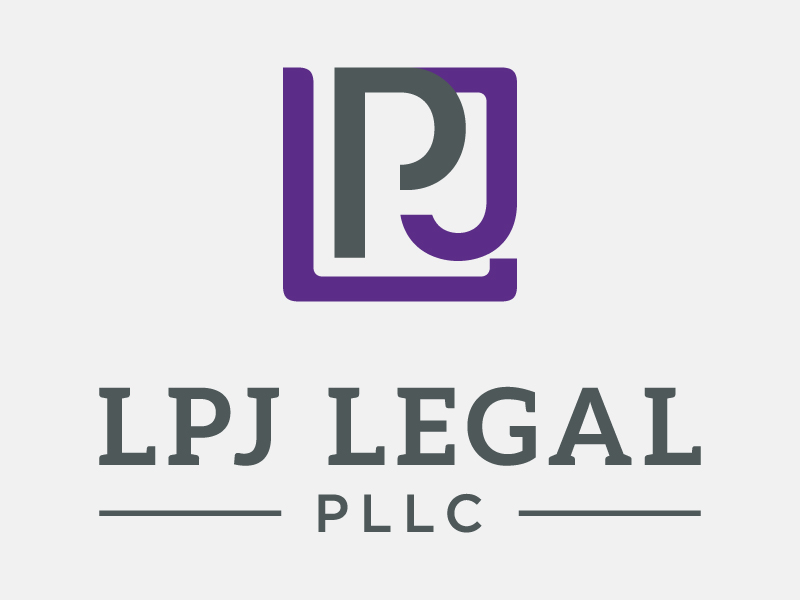Are you are a franchisee in Washington D.C., Maryland, Virginia, or Georgia? Click here to speak with a legal expert.
🔍 What Is a Franchise Disclosure Document (FDD)?
The Franchise Disclosure Document (FDD) is a legally required disclosure that franchisors must provide to potential franchisees at least 14 days before any agreement is signed or money is exchanged.
The FDD exists to promote transparency by requiring franchisors to provide potential franchisees with key financial details. This includes the legal and financial responsibilities of both parties, the franchisor’s audited financial statements, any history of bankruptcy, and other relevant financial disclosures.
The FDD also helps prospective buyers evaluate the risks and responsibilities of owning and operating a franchise. Think of it as the franchising world’s version of “read the fine print”—only this document is usually over 100 pages long and packed with legal and financial data.
📑 The 23 Items in a Franchise Disclosure Document
Federal law requires that each FDD contain 23 specific sections (called “Items”). Here’s a summary of what you’ll find inside:
- Franchisor and Affiliates Background on the company and its leadership.
- Business Experience Experience and qualifications of key executives.
- Litigation Any past or current lawsuits involving the franchisor.
- Bankruptcy Bankruptcy history of the franchisor or key personnel.
- Initial Fees The franchise fee and any other upfront costs.
- Other Fees Ongoing fees like royalties, marketing contributions, and tech fees.
- Estimated Initial Investment A breakdown of the estimated costs to open a franchise location.
- Restrictions on Sources of Products and Services Required suppliers or approved vendors.
- Franchisee’s Obligations A summary of your legal and operational responsibilities.
- Financing Whether the franchisor offers loans or financing assistance.
- Franchisor’s Assistance, Advertising, Computer Systems, and Training The support you’ll receive before and after opening.
- Territory Whether your location will have an exclusive territory—and the rules around it.
- Trademarks Details on the franchisor’s intellectual property.
- Patents, Copyrights, and Proprietary Information Any additional legal protections of the brand or products.
- Obligation to Participate in the Actual Operation of the Franchise Business Whether you must be personally involved in daily operations.
- Restrictions on What the Franchisee May Sell Guidelines or limitations on products and services.
- Renewal, Termination, Transfer, and Dispute Resolution Rules for ending, transferring, or renewing your franchise agreement.
- Public Figures Whether any celebrities or influencers are involved in promoting the franchise.
- Financial Performance Representations (Optional) Revenue claims or earnings averages, if disclosed.
- Outlets and Franchisee Information Data on existing franchises, including openings and closings.
- Financial Statements The franchisor’s audited financial statements for the past 3 years.
- Contracts Copies of the actual franchise agreement and other required documents.
- Receipts A form you’ll sign to acknowledge receipt of the FDD.
New to LPJ Legal? We’re a dedicated group of experienced and highly credible legal professionals, proudly representing clients both locally and internationally with domestic offices in D.C., Maryland, Virginia, and Georgia. At LPJ Legal, we believe that a law firm should be more than a legal resource; it should be a trusted partner. Our team is committed to safeguarding our clients’ businesses, properties, and futures, providing powerful legal insights to help ensure their success. To become a franchise client, visit the LPJ Legal website, or call us directly at 202-643-6211.



